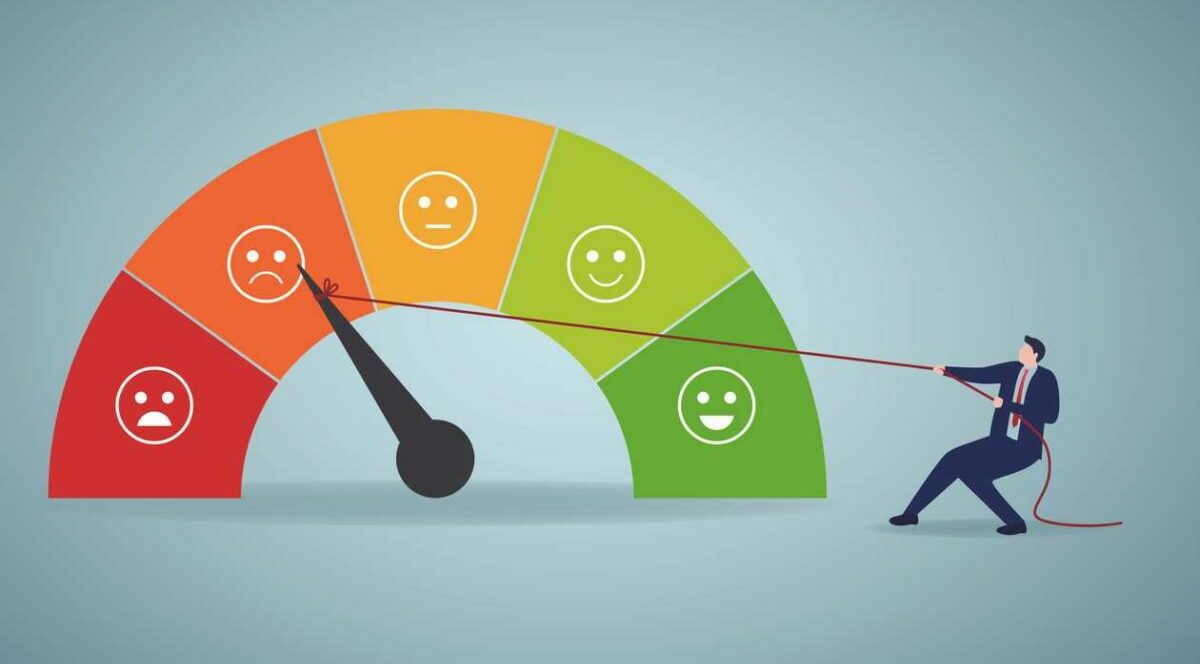If you have damaged credit, it’s probably tempting to check out a “credit repair agency” and see if they can improve your credit score. Here are a couple of secrets:
- They won’t, and you’ll lose money
- Your goal in life is to not need credit
In the meantime, though, you need to do something.
What Can I Do To Improve My Credit Score?
The transcript for this video follows below.
Unfortunately, we live in a world where our financial strength often is measured not based on our assets and our income, but, rather, on our ability to borrow money and to give it back in a timely manner.
It’s screwed up.
Still, it’s a fact of life. Oftentimes, your insurance rates, your rental agreements, and even your employment is based on your credit score. It’s a lazy shortcut to truly analyzing risk, but it’s a reality we have to deal with.
So, what do we do?
Here are some things which you can do to improve your credit score:
- Pay off your bills on time, every time. If a credit score is a model of how well you’ll pay off money you borrow, then you should pay off money that you borrow. Pretty simple.
- Don’t max out your credit. Credit scores are measured based on the percent of the available credit you have which you actually use. There are two components to this formula: borrow bactrimsale less and have more credit available. As long as you responsibly use credit and don’t use available credit as a piggy bank or an excuse to let Monkey Brain tell you to go spend, then the more available credit you have, the better. However, if you’re carrying a balance, it’s more important to pay that off than to go get more credit. You haven’t shown that you can use credit responsibly, so don’t subject yourself to more temptation.
- Don’t close old cards. The longer you’ve had a card, the more weight that card carries in the scoring model. If you signed up for a card back in college and still have it, don’t close it. If you’re going to close cards, close cards which charge you an annual fee and then the most recently opened cards.
- Check your credit reports for inaccuracies. Get your free credit reports from annualcreditreport.com. Don’t pay for the other services. Look at the three credit reports. If there’s any incorrect information, dispute it. However, don’t dispute something just because it’s bad; if you did it, own up to it.
There is no quick fix to improving your credit score. Anyone who offers to clean up your credit for a fee is going to accomplish one and only one goal: getting your money into their pocket. Act responsibly and work to pay down your debts, and your credit score will improve over time.
Here are some other articles and videos with my take on credit:
- Credit cards stopped me from working for the WWE
- Why should I pay off my credit card in full each month?
- My most mortifying money moment
What questions would you like to see me answer? Leave me a comment and let me know!
Author Profile
- John Davis is a nationally recognized expert on credit reporting, credit scoring, and identity theft. He has written four books about his expertise in the field and has been featured extensively in numerous media outlets such as The Wall Street Journal, The Washington Post, CNN, CBS News, CNBC, Fox Business, and many more. With over 20 years of experience helping consumers understand their credit and identity protection rights, John is passionate about empowering people to take control of their finances. He works with financial institutions to develop consumer-friendly policies that promote financial literacy and responsible borrowing habits.
Latest entries
 Low Income GrantsSeptember 25, 2023How to Get a Free Government Phone: A Step-by-Step Guide
Low Income GrantsSeptember 25, 2023How to Get a Free Government Phone: A Step-by-Step Guide Low Income GrantsSeptember 25, 2023Dental Charities That Help With Dental Costs
Low Income GrantsSeptember 25, 2023Dental Charities That Help With Dental Costs Low Income GrantsSeptember 25, 2023Low-Cost Hearing Aids for Seniors: A Comprehensive Guide
Low Income GrantsSeptember 25, 2023Low-Cost Hearing Aids for Seniors: A Comprehensive Guide Low Income GrantsSeptember 25, 2023Second Chance Apartments that Accept Evictions: A Comprehensive Guide
Low Income GrantsSeptember 25, 2023Second Chance Apartments that Accept Evictions: A Comprehensive Guide

